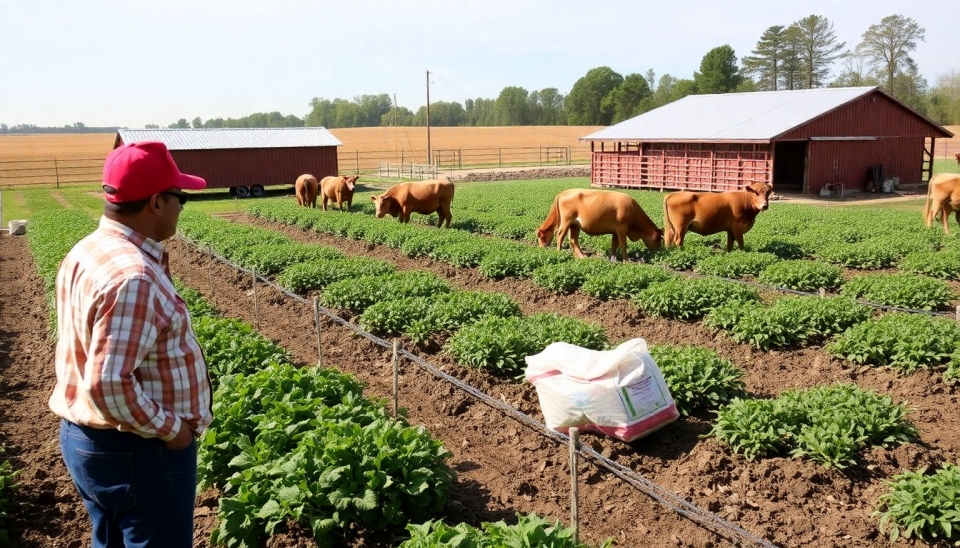Trump's Mass Deportation Plan Could Impact U.S. Farmers and Lead to Higher Prices

Recent remarks by former President Donald Trump regarding his intention to initiate mass deportations of illegal migrants in the U.S. have raised concerns among agricultural representatives. Farmers believe that such a plan could have severe repercussions for the nation's agriculture sector, which is already struggling with labor shortages.
Currently, many farmers rely on migrant laborers who occupy jobs that are unattractive to the local population. Experts warn that without these workers, production could significantly decline, leading to increased prices for products. The lack of labor may not only hinder harvest collection but also risk losing entire crops.
Statistics indicate that approximately 50% of workers in the U.S. agricultural sector are migrants. As demand for food rises, and supply potentially decreases, farmers express worry about the economic consequences that could affect both high agricultural production areas and consumers nationwide.
Farmers are also concerned that measures aimed at mass deportation could incur additional labor costs, ultimately reflecting on prices for everyday consumers. They urge the development of more thoughtful and humanitarian approaches to immigration policy that could ensure the necessary workforce to sustain the economy.
Experts note that alternative labor sources, such as the local population, cannot fully replace migrant work. This raises the question of how seriously the government is prepared to address the issues posed by the potential implementation of Trump's plan.
Consequently, the question of migration and its impact on the economic stability of the agricultural sector remains open, with farmers actively seeking solutions to minimize the consequences of changes in immigration policy.




